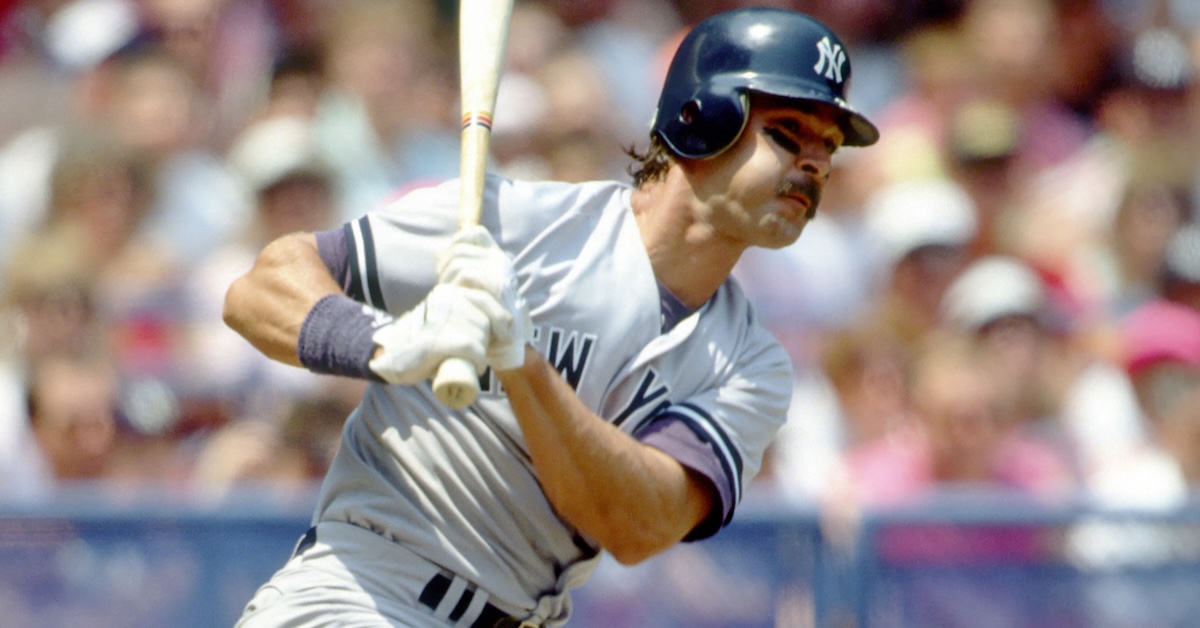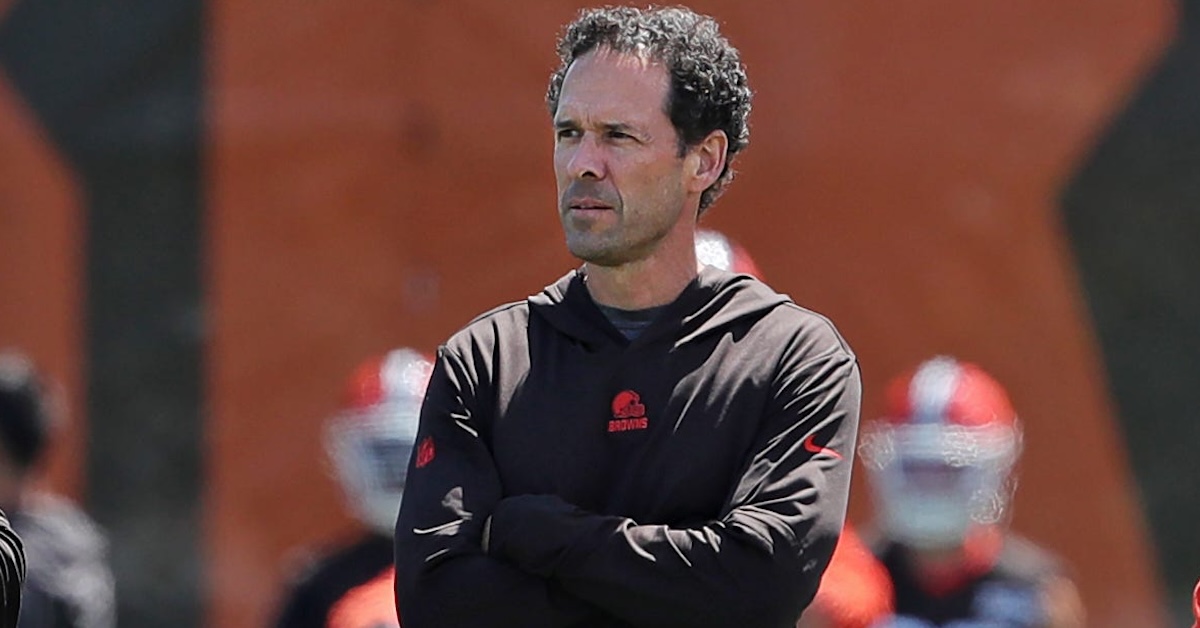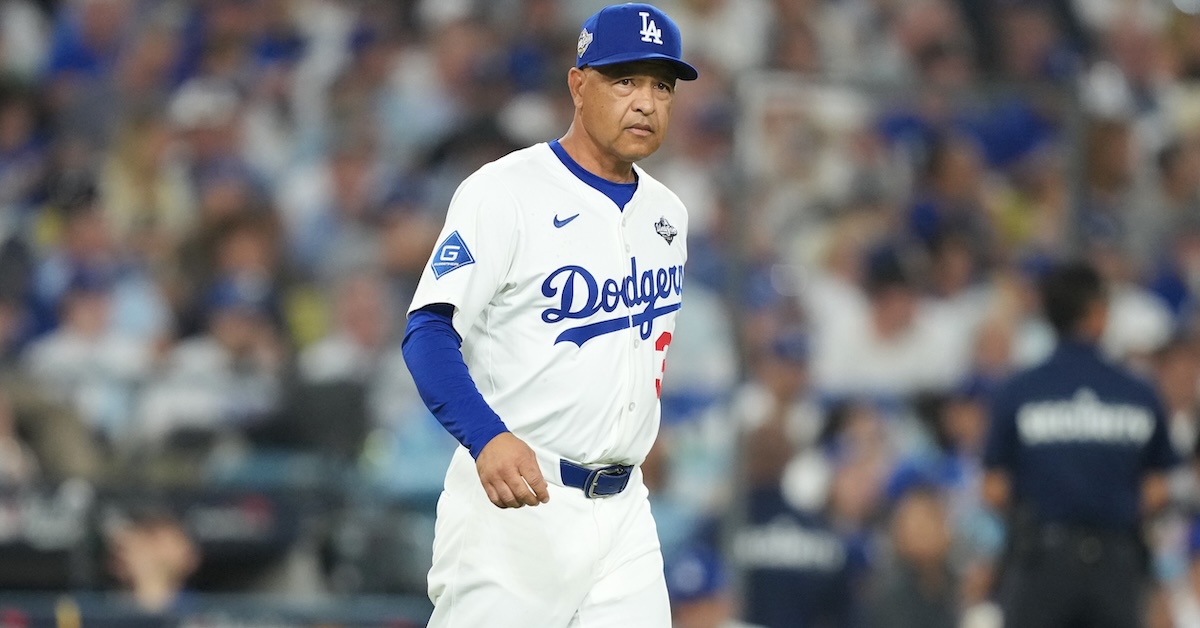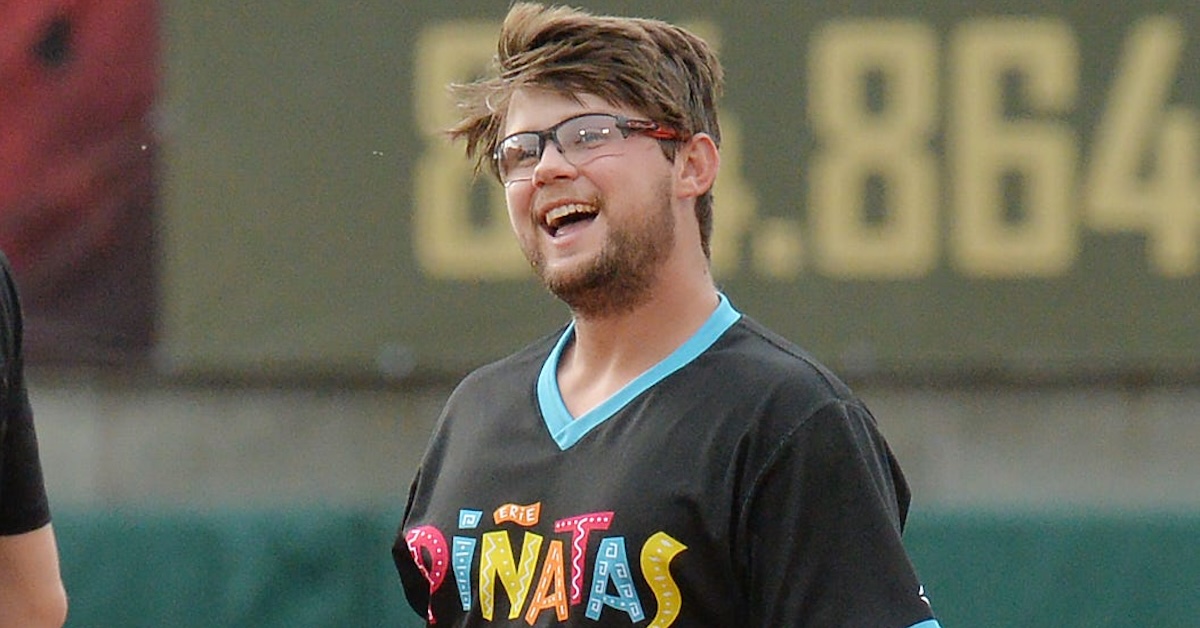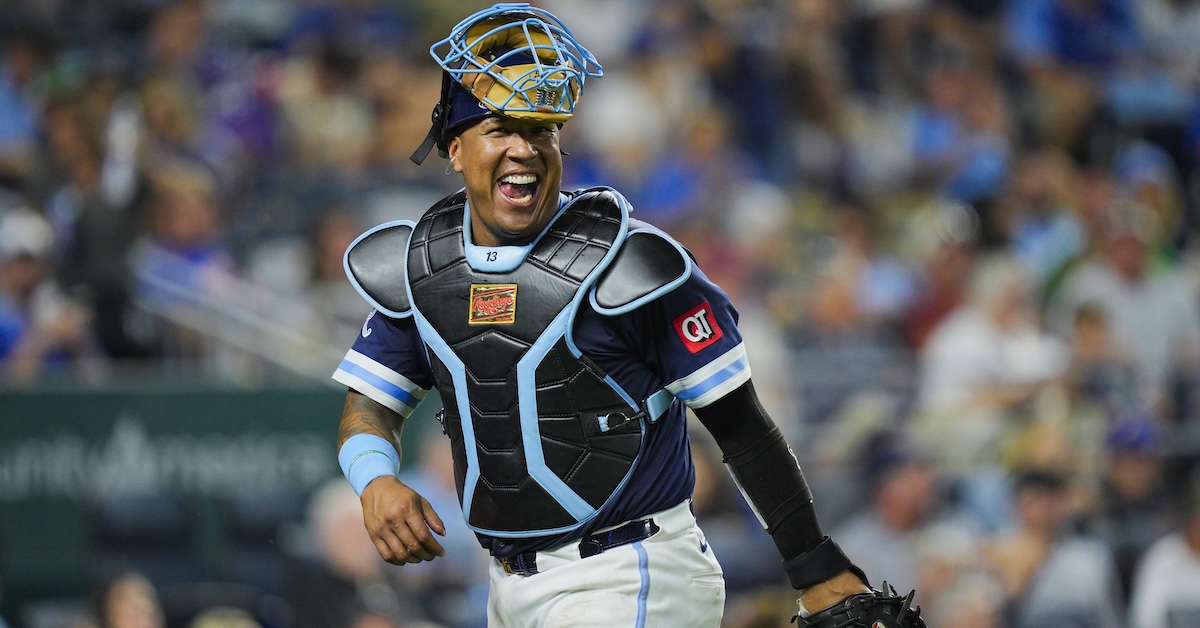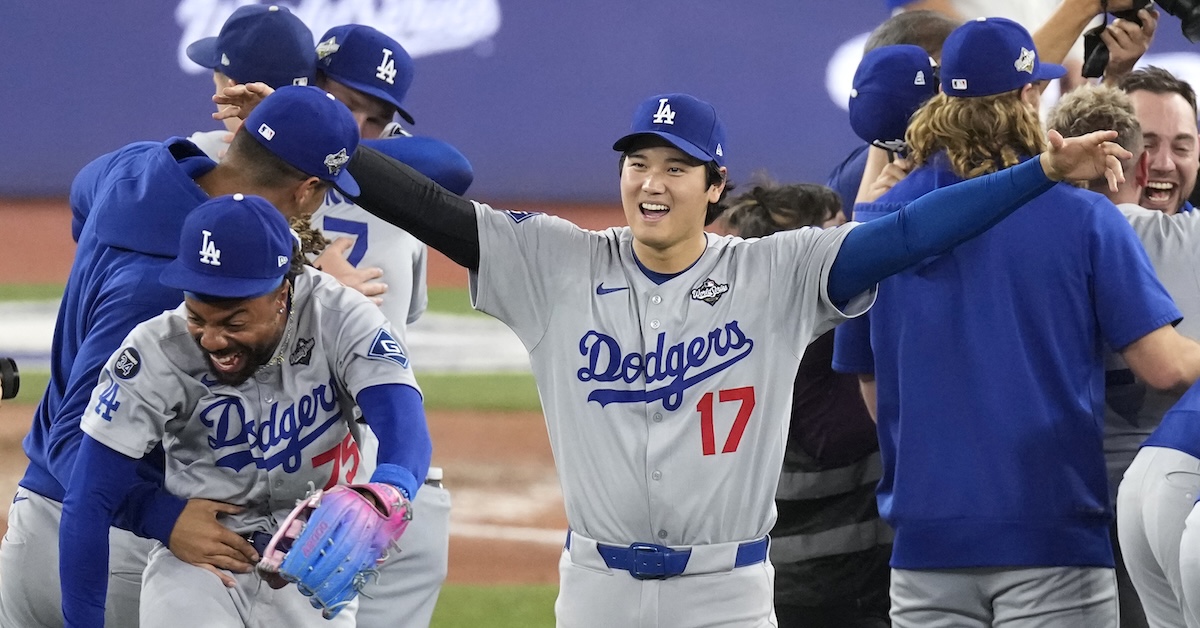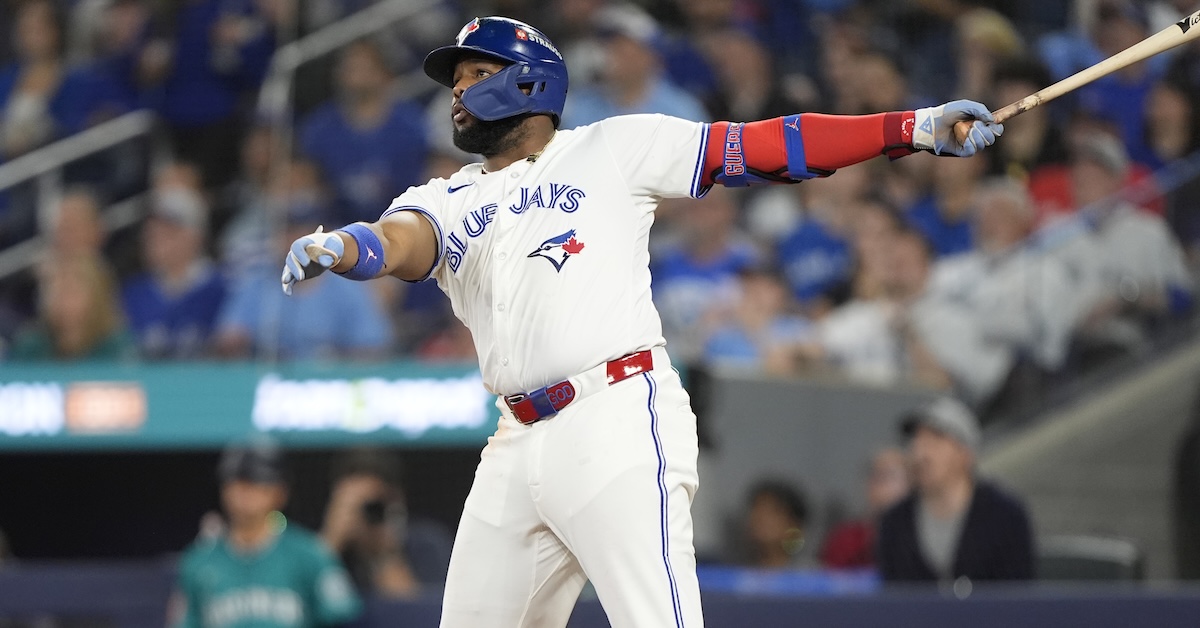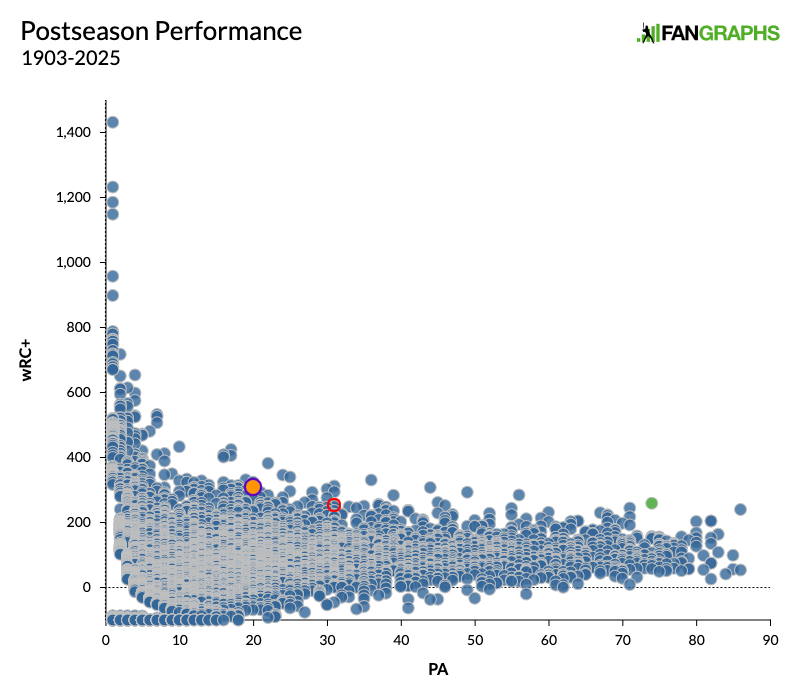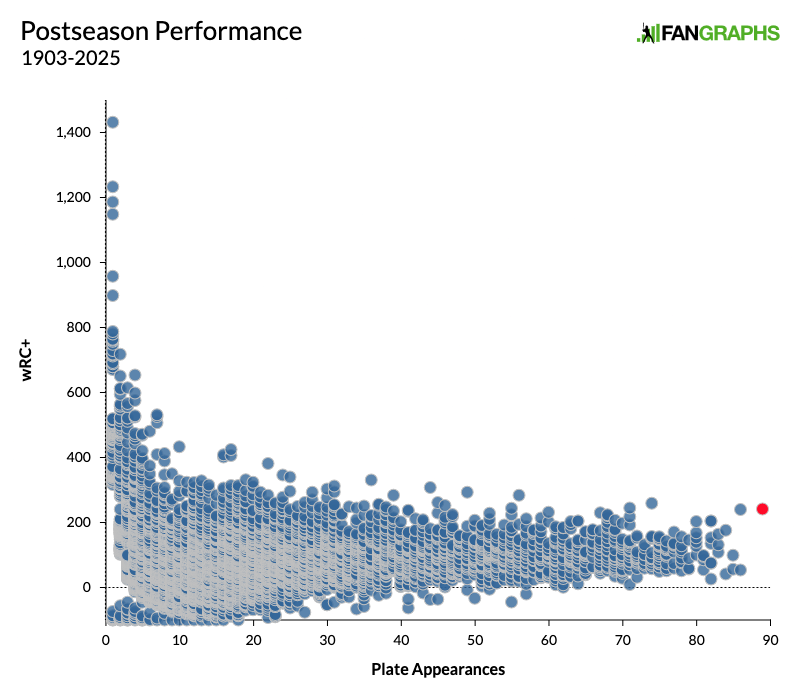Shota Imanaga Has the Chance To Do the Funniest Thing Ever
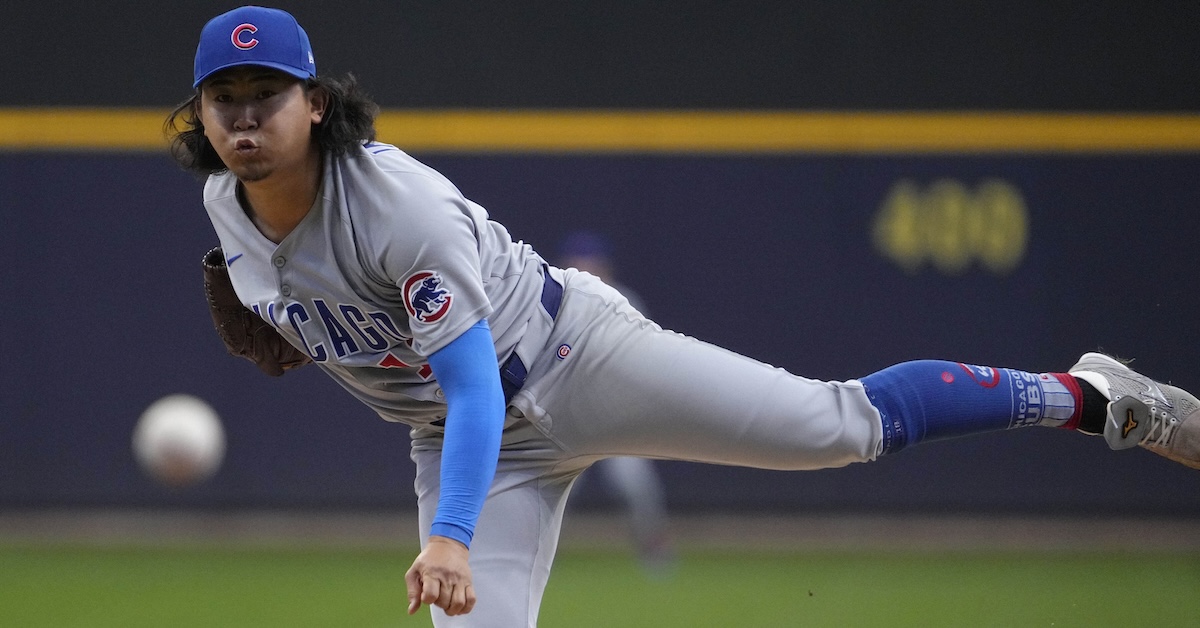
I love a complicated contract. I love any excuse to use the word byzantine really, so once we’re into stair-step incentive clauses, cascading conditional extensions, and the finer points of Major League Baseball’s collective bargaining agreement, I’m having the most convoluted kind of fun imaginable. Today, I’m going to take you step by step through the complex world of Shota Imanaga’s current contract situation. As you likely know, the Cubs offered him a qualifying offer on Thursday. All we’re going to do here is break down as simply as we can how he got to that point and what it means. We’re not going to leave anything out. To be clear, Imanaga’s contract situation isn’t anywhere near the most complex one, but even so, it’s dizzying. We’re going to lose ourselves in the minutia. For fun.
I also love the logistics. I love following a chain of what happens when and why so precisely that you can’t help but be overwhelmed by the absurdity of the situation. And even before you dive in, free agent contracts are inherently absurd. They’re iron-clad agreements negotiated within the framework of an already-negotiated-to-within-an-inch-of-its-life CBA. They’re insured, and in recent years their conditionality has exploded to the point where they contain as many branches as a choose-your-own-adventure novel. But in the end, they just boil down to figuring out how much somebody’s going to get paid at their job. They just happen to be agreements about how much the most obscenely wealthy people in the entire world are going to pay people who are about to become generationally wealthy. Almost no one involved will ever have to worry about money for the rest of their lives. The people who really need the elaborate safeguards in the CBA and uniform player contracts are the ones who don’t make millions of dollars. But this is still a job; a high-pressure, high-stakes job negotiated between bitter rivals, and one side has a history of financial malfeasance that dates back to the 19th century. Of course, lawyers have to be involved. Everything needs to be spelled out, and my goodness is it spelled out.
The details in the CBA are there for very good reasons, but they’re mind-bogglingly specific. The title on the PDF calls it the basic agreement, and like any basic document, it’s 426 pages long. I just scrolled to a random page in the middle, and the topic at hand was who exactly gets photocopies of team financial documents so that the players can determine whether the owners are actually following the rules of the basic agreement. We’re 209 pages in, and we’re still talking about the logistics of the document itself.
One section stipulates what happens if a player gets called up for the National Guard. Another explains that all visiting clubhouses must contain a hydroculator. The last page is a full-page table that establishes an agreed-upon figure for how long it takes to fly from every city in the league to every other city in the league. Did you have a blast watching the swing-off that decided this year’s All-Star Game? Well, its format was codified in the CBA, which brings to the mind’s eye two teams of lawyers, red-eyed, ties loosed and collars mangled, monologuing 12 Angry Men-style in a conference room strewn with stale donuts and half-empty coffee cups about whether each player really needs unlimited pitches for their three swings when 10 pitches should really be enough to cover it.
Here’s a good-faith offer: I will personally bake a batch of cookies and mail them to the first FanGraphs reader who reaches out to me with some sort of honest-to-goodness proof that they’ve read the entire CBA. (Cookie variety of your choosing, but please be aware that my macaron game is rusty.)
So let’s get into this one contract. How hard could it be? Read the rest of this entry »
